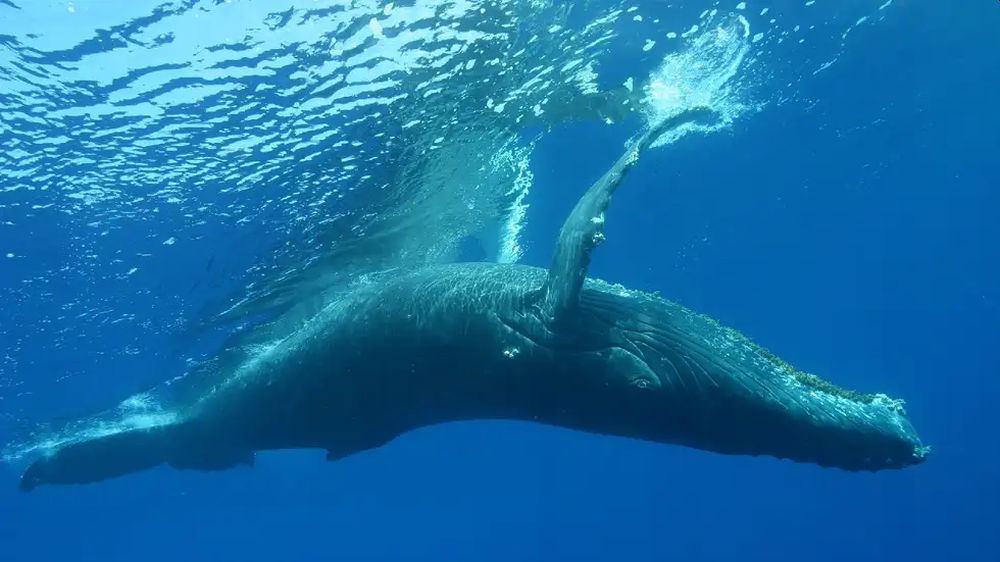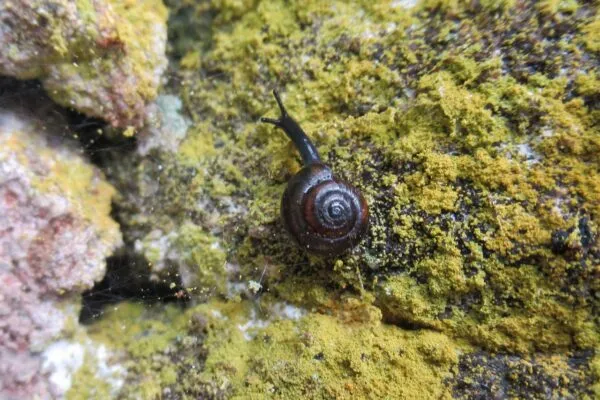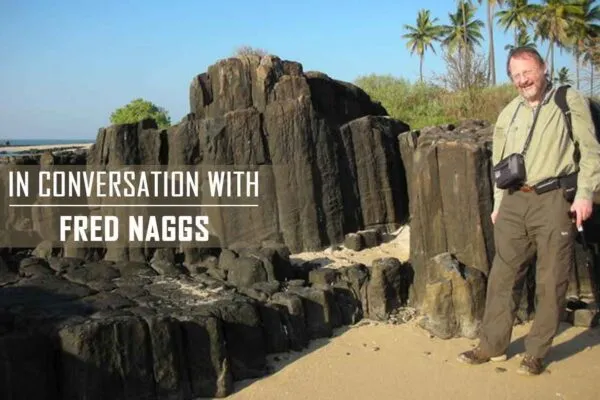Scientists Voice Concerns over Real and Imminent Extinction Risk to Whales
Marine species are facing a severe threat of extinction under the circumstances created by human actions, through overexploitation of seas and climatic changes that are the repercussions of anthropogenic activities. While many scientists and environmentalists have voiced their concerns over the past years, the world communities have barely listened, let alone acted upon them.
The current plight of the marine life has coerced over 350 scientists and conservationists to come together again to highlight the issue by signing a letter initiated by the Mammal Research Institute (MRI). The letter has been signed by experts from 40 countries, who have showed their concerns over imminent extinction risk to whales and other cetaceans and have called for global action to protect them.
The letter emphasizes that over half of these marine species need conservation. In fact, experts believe that few of these species are already on the brink of extinction owing to the lack of action and pollution. The letter is part of a growing movement to raise awareness about the threats that whales, dolphins and porpoises are facing currently.

Image: Ed Lyman/NOAA
Last month, this issue was discussed at the scientific conservation committee meeting of the International Whaling Commission that has the sole mission of conserving these beautiful creatures.
“Save the Whales” campaign has been popular for decades, which began in the 1970s to stop commercial whaling – a process of hunting and killing whales for commercial use that includes meat, cosmetics, lubricant and other products. This slogan is still being used, for currently many factors such as plastic pollution, loss of habitat and prey, climate change, collision with the ships, overfishing and even noise pollution threaten the cetaceans.
Cetaceans have been harmed by many of the anthropogenic activities, intentionally and unintentionally alike. Gill nets and fish traps kill thousands of marine mammals every year. The practice of whaling still continues today in Iceland, Norway, Japan and the Faroe Islands. The marine mammal experts are of the opinion that the unprecedented rate of species extinction could have averted if the governments had taken necessary actions at the time.
The letter also underlined the fact that over half of 90 living marine mammals have been labeled with ‘concerning conservation status’ by the International Union for Conservation of Nature (IUCN). Out of these 90 species, 13 have been marked as ‘critically endangered or endangered,’ seven are ‘vulnerable’ and another seven are labeled ‘near threatened.’ Moreover, 24 species of cetaceans have been marked as ‘data deficient’ by the IUCN, which means that there is not much data available about these species’ population.
Many a time scientists have stressed the importance of protecting the marine species for future generations and have stated how crucial these species are for the health of global water bodies. Experts believe that the conservation of cetaceans could be the key to the survival of many other species, not just theirs.
Eliminating plastic would be the first order of business if we are to make amends for our past blunders. Plastic pollution and microplastics have become a grave threat to marine mammals. “Accidental oil spills on waters” are another affair that has disrupted the entire marine ecosystem. According to Save the Whales organization whales and dolphins in the Western North Atlantic have been surfacing through the oil-stricken areas in the oceans, which affects them severely.
If humankind is to atone for its past mistakes, it is crucial to protect and preserve fellow species that have suffered endlessly due to humankind’s actions.


